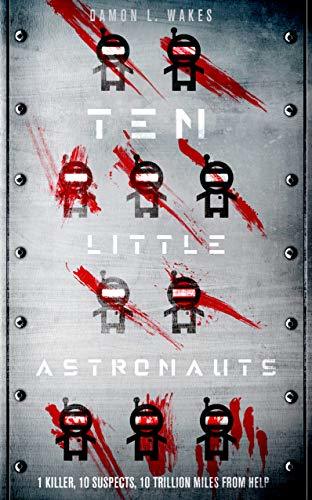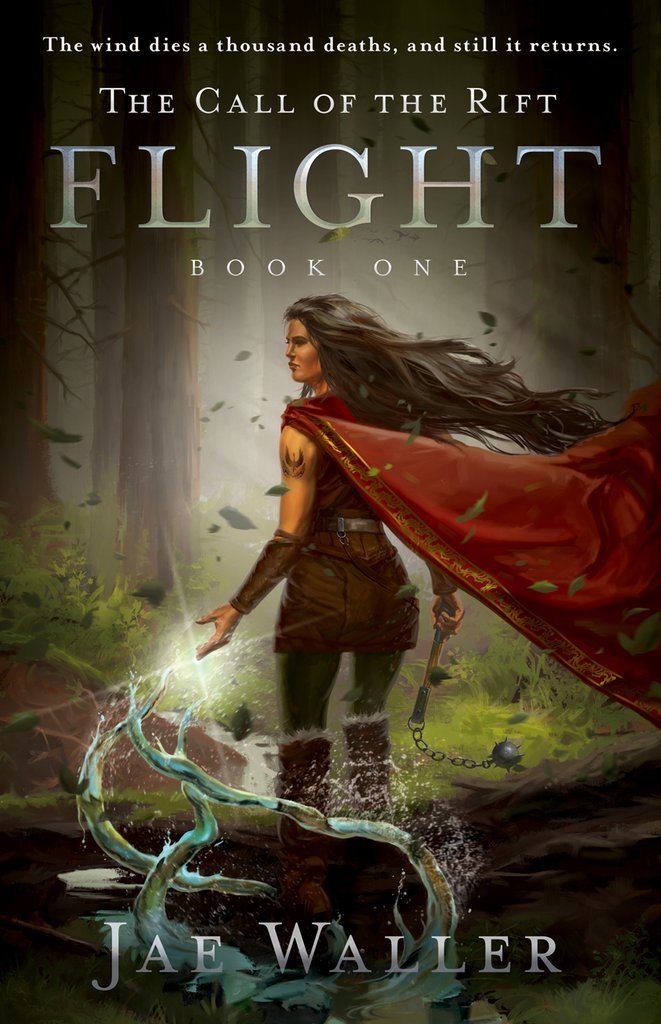G. Deyke reviewed The sight by David Clement-Davies
[Adapted from initial review on Goodreads.]
3 stars
A fantasy novel in which everyone is wolves.
I would have loved this book as a child. Some of the things that bother me from an adult perspective - intrusive dialogue tags, too many adverbs (though aside from that the prose was quite readable); the casual assumption that the reader is Christian - wouldn't have bothered me because I wouldn't have cared; others (wolf behaviour) wouldn't have bothered me because I wouldn't have known any better, and I would have absorbed the misinformation: not an ideal outcome, even if it did mean I enjoyed the book more.
Some of the inaccuracies are plot-driven and inherently unusual, which is fine. Some are weird and distracting but can pretty much be ignored (wolves sweating, and not just on their paws; no red-green colourblindness). But there are a few major problems in the way the wolves were depicted:
1) Unnecessarily sexist (never a …
A fantasy novel in which everyone is wolves.
I would have loved this book as a child. Some of the things that bother me from an adult perspective - intrusive dialogue tags, too many adverbs (though aside from that the prose was quite readable); the casual assumption that the reader is Christian - wouldn't have bothered me because I wouldn't have cared; others (wolf behaviour) wouldn't have bothered me because I wouldn't have known any better, and I would have absorbed the misinformation: not an ideal outcome, even if it did mean I enjoyed the book more.
Some of the inaccuracies are plot-driven and inherently unusual, which is fine. Some are weird and distracting but can pretty much be ignored (wolves sweating, and not just on their paws; no red-green colourblindness). But there are a few major problems in the way the wolves were depicted:
1) Unnecessarily sexist (never a good thing in a book, and "everyone is wolves" is absolutely not an excuse; wolves are generally less sexist than depicted here).
2) David Clement-Davies appears to entirely forget about wolves' sense of smell. It's not infrequent that characters hide from other characters, just out of sight, and there's not even a mention of the wind going the other way or how lucky they are not to be sniffed out. Even worse, sometimes a character sees another character that they haven't in a while, and doesn't immediately recognise them because their appearance has changed - and instead of sniffing, they inspect them visually, unsure if it's someone they know or not. This makes no sense. Wolves have good noses, people!
3) On a similar note, a character at one point is secretly pregnant, which among actual wolves is not even remotely possible. Wolves have good noses, people! Whether someone is pregnant or not is, in fact, immediately obvious to the most casual (wolf) observer.
4) Siklas are based on an outdated view of omegas (though to be fair, it might not yet have been outdated in 2002 when the book was written). This isn't just misinformation: it's harmful misinformation, since it perpetuates toxic masculinity; Siklas are depicted as weak, foolish, cowardly, and - especially - looked down upon by their packmates because of this. As with the sexism, this isn't the sort of dynamic you should really be presenting or normalising at all, and especially not in a book for children (even if the characters themselves are respected by the author). "Everyone is wolves" is in no way an excuse: it's not even accurate. Like, at all.
5) Though it's a relatively minor point in the book - a thing that's mentioned but never actually happens in the text - the idea that wolves drive out their young when they get to a certain age is also weirdly and pointlessly inaccurate, especially in a book about love and families? It provides a source of conflict and cognitive dissonance, but that's... kind of unnecessary and David Clement-Davies could have done a better thing with a more accurate depiction there?
I'd be somewhat conflicted about recommending this book. Despite all of this, I did overall enjoy it, and I think a child would have enjoyed it far more. But I'd be especially reluctant to recommend it to a child, because of the misinformation. I guess my conclusion is: if you have a kid who likes wolves, maybe give it to them but also talk to them about the inaccuracies and provide them with actual sources of information as well; and if you are a kid (or adult, or whatever) who likes wolves, just make sure you don't take it as an absolutely accurate source of information, and look up facts in other places as well. If you already know about wolves, be prepared to look past the inaccuracies. And if you don't like wolves, this is absolutely not the book for you.
Selling points: everyone is wolves! they are cute and have tails and sometimes they nuzzle each other and it's great. Also: magic!; humans treated as animals, from an outside perspective; strong focus on family love, with precedence over romantic or sexual attraction; ancient prophecies, mythology, epic events; nuanced depiction of evil, especially for a children's book; environmentalist themes; have I mentioned that everyone is wolves? Sometimes they're puppies.
Warning points: several glaring inaccuracies in the depiction of wolves; unnecessary sexism (though not to a super extreme degree); unnecessary adverbs and dialogue tags; some blood and gore and death and war and violence and stuff; kind of a lot of character death (it's worth stressing again that everyone is wolves, so these are wolf deaths); mention of a dog being beaten, off-screen and in past tense; bit of a tone change during the climax.
(Wolfsaga by Käthe Recheis does a much better job with a very similar premise!)











